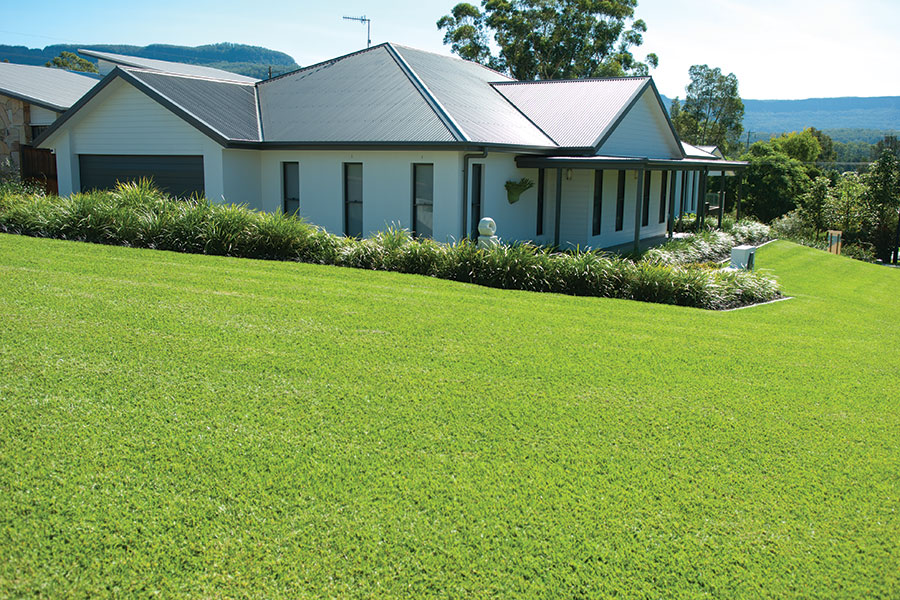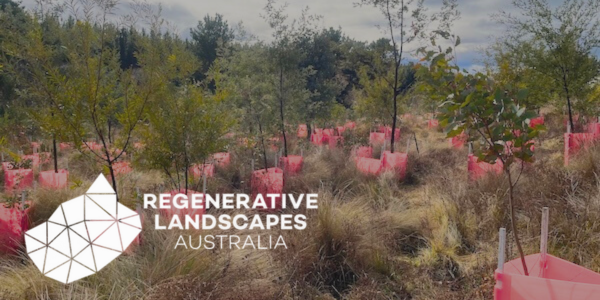Free Lawn Weed Removal – Organically With
ZERO Chemicals..
Have you heard of the term Cognitive Dissidence? You may experience this brain disorder while reading this article. READER WARNING.
We get this a lot in our field of Regenerative Landscape services. Because our methods of landscape repair and management are in a natural frame work and can’t be brought from a garden centre or rural supplies in a spray pack or granular form It can’t possibly work.
Its just by obersving nature and working with her rather than trying to control her that we enjoy success in our work. Here are 10 FREE things to stop and remove weeds in your LAWN NOW. This is not a quick fix, we don’t do quick fixes only enduring quality. 
1. STOP MOWING and Mow Higher.
YES this is where the Cognitive Dissidence starts. Weeds are opportunistic and love short mown lawns. We want to encourage your favoured lawn grass to out compete and smother the weeds for a few weeks in a ideal growing season. Then set the mowing height at 3 to 31/2 inches. You will mow less often. Lawns cut short need to grow leaf surface quickly to perform photosynthesis and survive. The plant has to use up stored food in the roots to do this, causing stress and shallow roots. The taller grass will shade out sun loving annual weeds and conserve water.
2. Leave the Clippings.
They contain a third of the nitrogen the lawn requires over the season. They contribute precious organic matter, which is in short supply in our depleted soils. Clippings also act as a mulch to prevent weed seeds from germinating and they conserve moisture. Later blow or rake the clipping in to the lawn thatch.
3. Water deeply and infrequently.
If you allow your grass to grow longer in hight, then the roots will go deeper and have decent roots, water once a week for an hour or use one inch of water. You can use a tuna can to measure the inch. If you have shallow roots water three times a week for fifteen minutes. You can water a little more when it is particularly hot. A mid day stress reliever gives the grass a welcome respite. Only water when the weather dictates.
4. STOP using TOWN WATER
Town water contains chlorine. Chlorine kills soil microbes and dehydrates plants slowing down growth but there is an easy fix… Use tank water or place town water into a large tank and allow the chemicals in the water to oxidise into the air. Aeration in the water helps speed up the process.
5. Use organic fertilisers for a non-soluble, long term source of nitrogen.
Anything you add to the lawn should compliment the soil and the biology. Organic fertilisers contain nutrients that have to be broken down by the biology. They do not acidify the soil or run off. The soil food web will store them until the plant needs them. There is a good selection of products at most garden centers. Don’t look for an immediate, dramatic green up, but sustained good health and hardiness.
6. Top dress with compost whenever possible.
This is the best thing you can do for your soil. Good, tested compost is full of beneficial biology and organic matter. If your soil is poor and compacted, core aerate first, spread seed and top dress with compost. Compost is difficult to spread, but the results are phenomenal. Compost tea is easier to apply and is full of biology RLA can supply this to you and apply it also. Contact us below..
7. Do not use pesticides to kill grubs.
Pesticides are not particularly selective and you may be killing beneficial microbial life that feed on the grubs. A healthy lawn should be able to support up to twelve grubs per square foot. In most cases, simply reseed the area. Compost and compost tea are helpful. If the problem persists, use beneficial nematodes, natural predators of the soil that feed on grubs.
8. A few dandelions add a nice color contrast.
Learn to live with a few weeds, or wild herbs. Monocultures are not generally a natural state of affairs in the landscape. Trying to maintain such an unnatural environment invites problems. It requires a great deal of management to achieve the golf course look. Improving the soil, particularly adding calcium, will diminish the presence of most weeds. Dandelions are not an annual and last several years. However, they fade in the hot weather. You can pull them by hand, kill them with vinegar, or use a specialised gas (weed dragon) to kill the roots.
9. Check the pH before applying lime.
Some people apply lime every year, whether the soil needs it or not. In our soils, application of limestone is often helpful, but not always required. Do a soil test, or check the pH to see how much, if any is needed. If the pH is too high, soil biology and roots have a hard time surviving.
10. Accept a few imperfections.
An organic lawn is not going to look like a green carpet all summer. The cool season grasses we have will look better in the spring and fall. They want to go dormant in the summer. They don’t need watering. One customer who doesn’t water told me, “My lawn looks great in the spring and the fall, but it kind of craps out in the summer. I tell my neighbors, ‘Hey, I’m out of the lawn competition for a few weeks. I’ll be back’. Everyone’s on vacation, anyway.”
Give us a call.
Even if you are not going to use our services, we want to encourage organic lawn care. We are happy to answer any questions or send you in the right direction.
From Eden to Pambula, Merimbula to Tura Beach and Tathra, Kalaru to Bermagui west to the great divide.
[contact-form][contact-field label=”Name” type=”name” required=”true” /][contact-field label=”Email” type=”email” required=”true” /][contact-field label=”Website” type=”url” /][contact-field label=”Message” type=”textarea” /][/contact-form]



